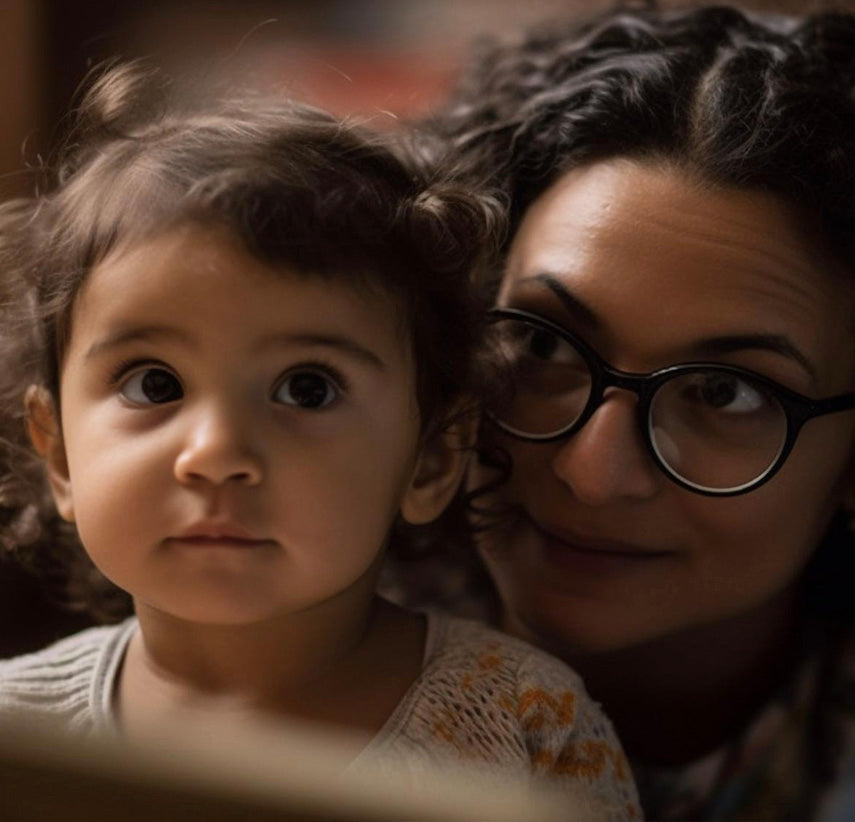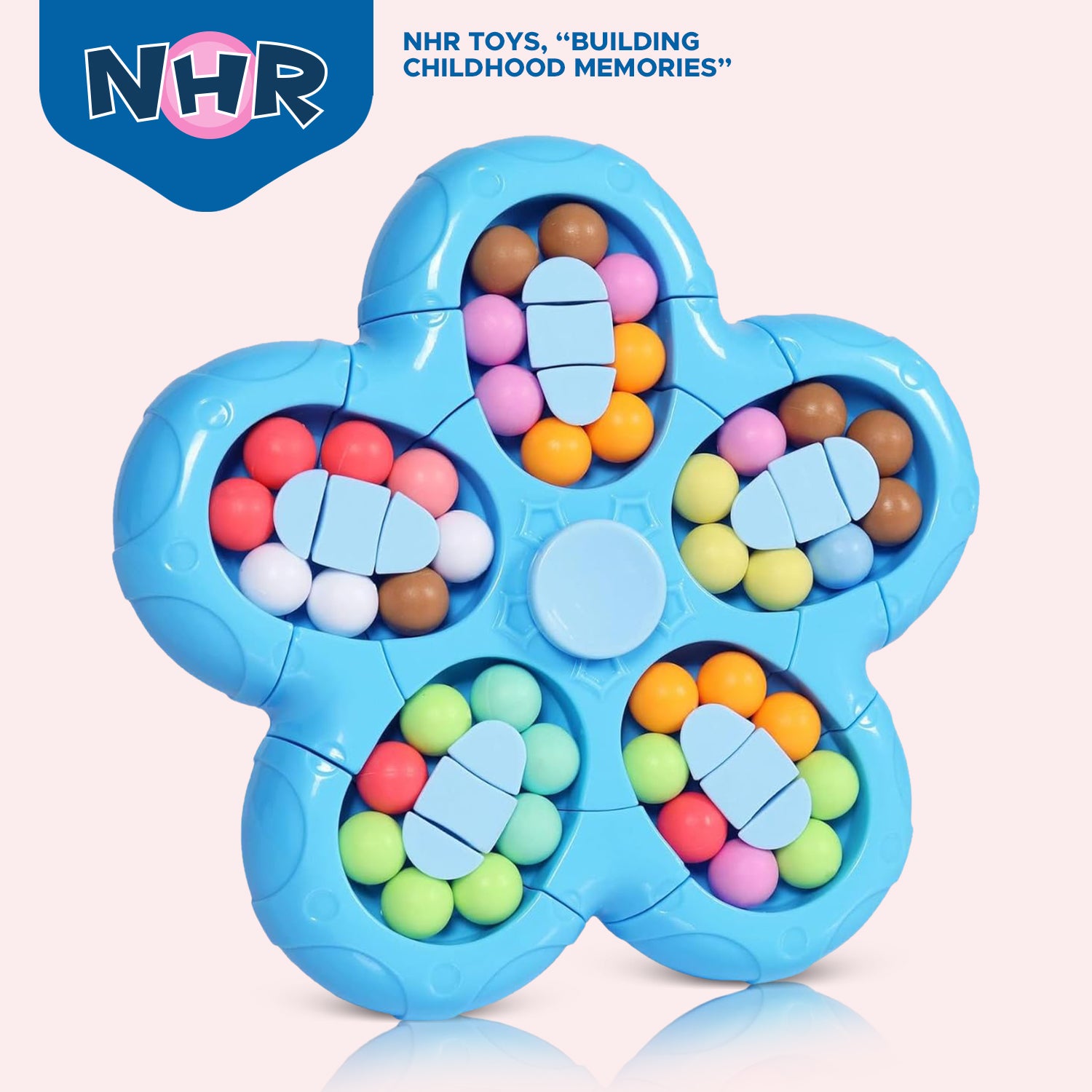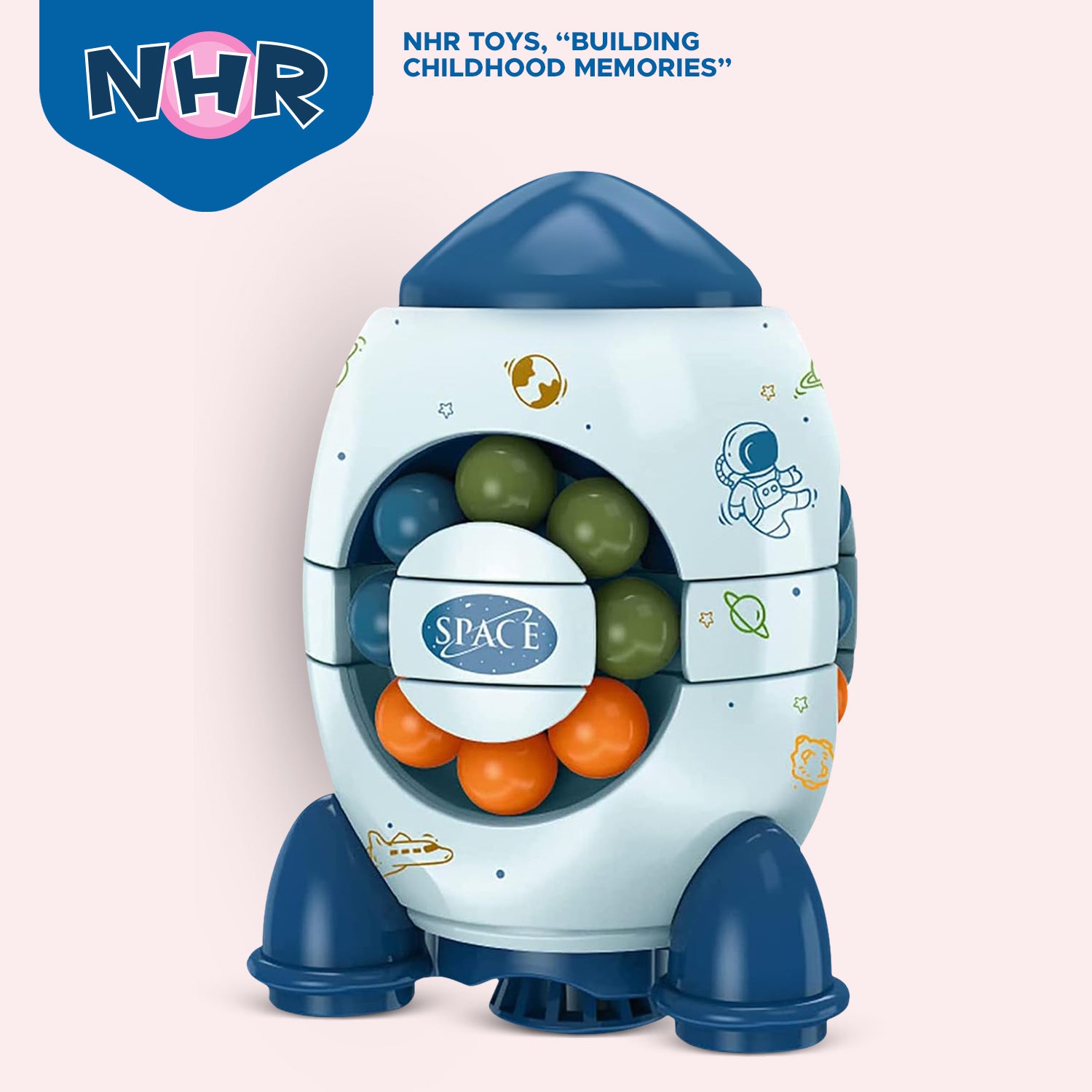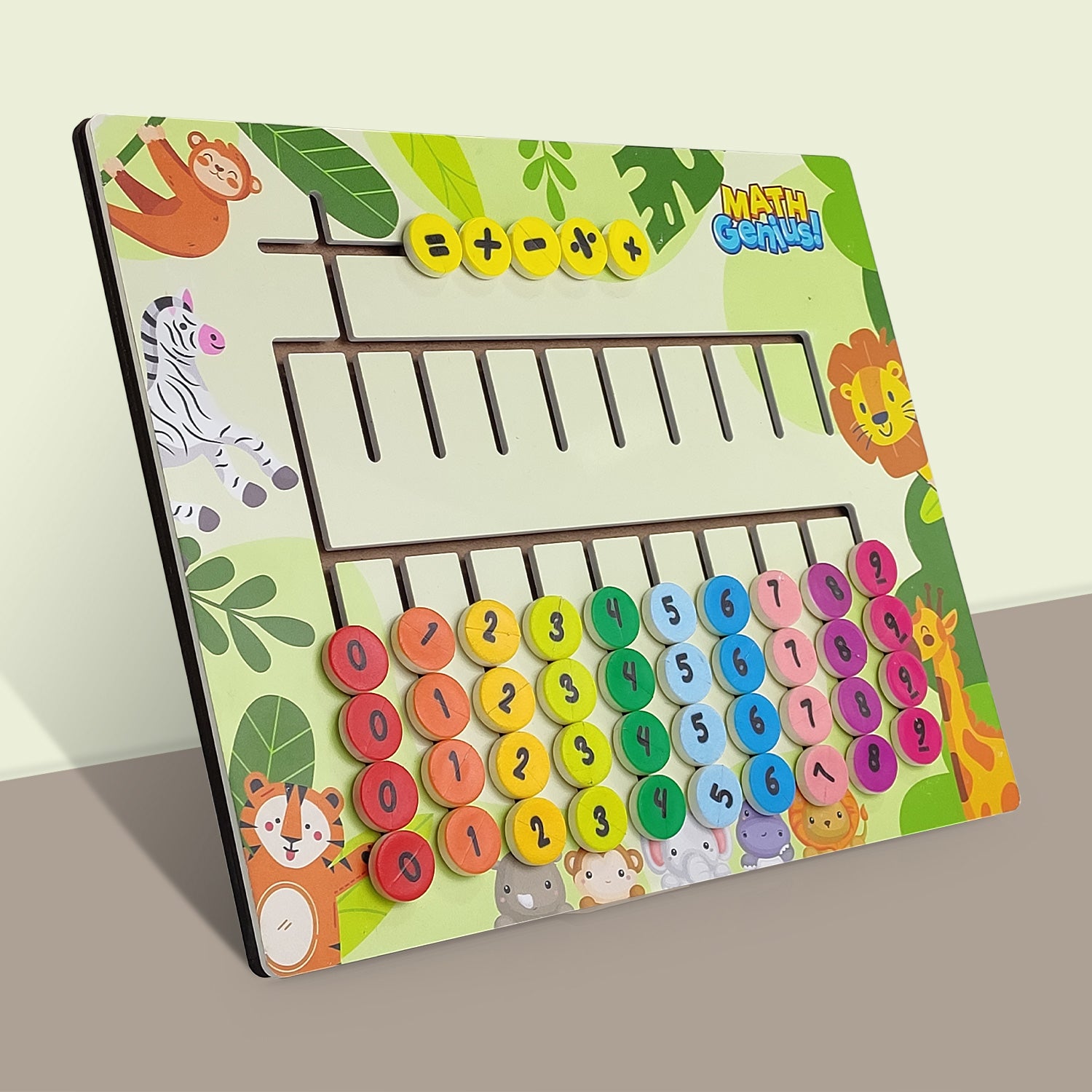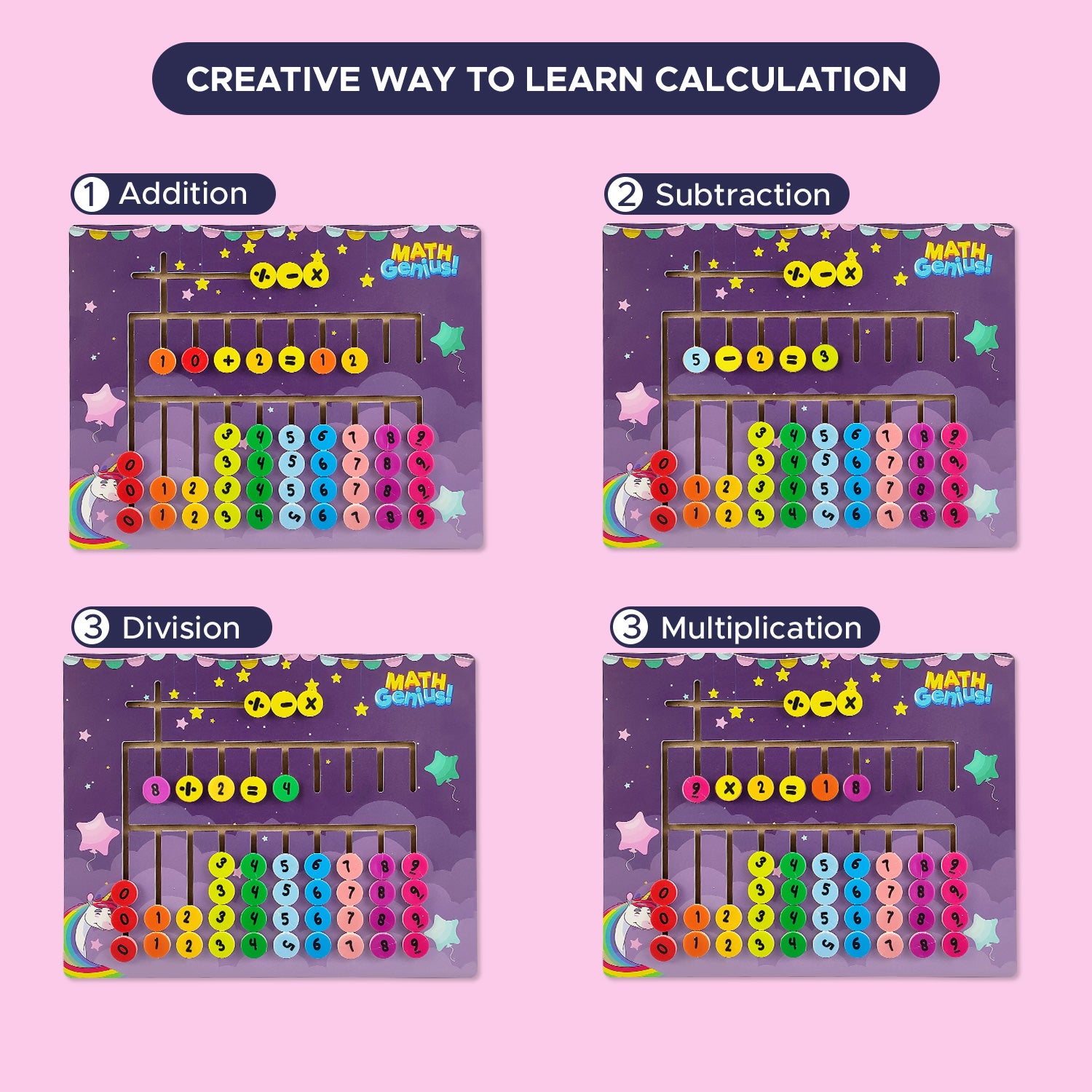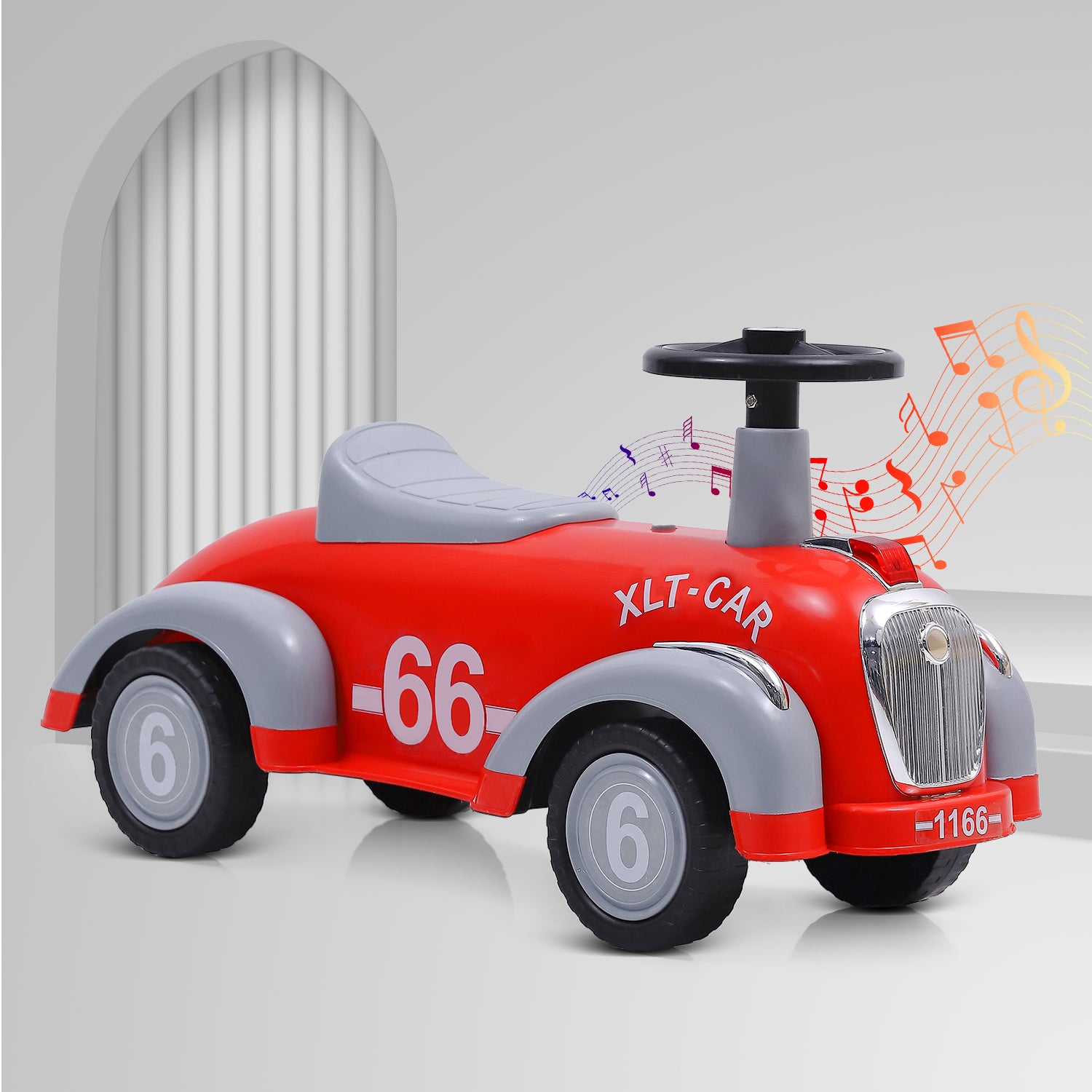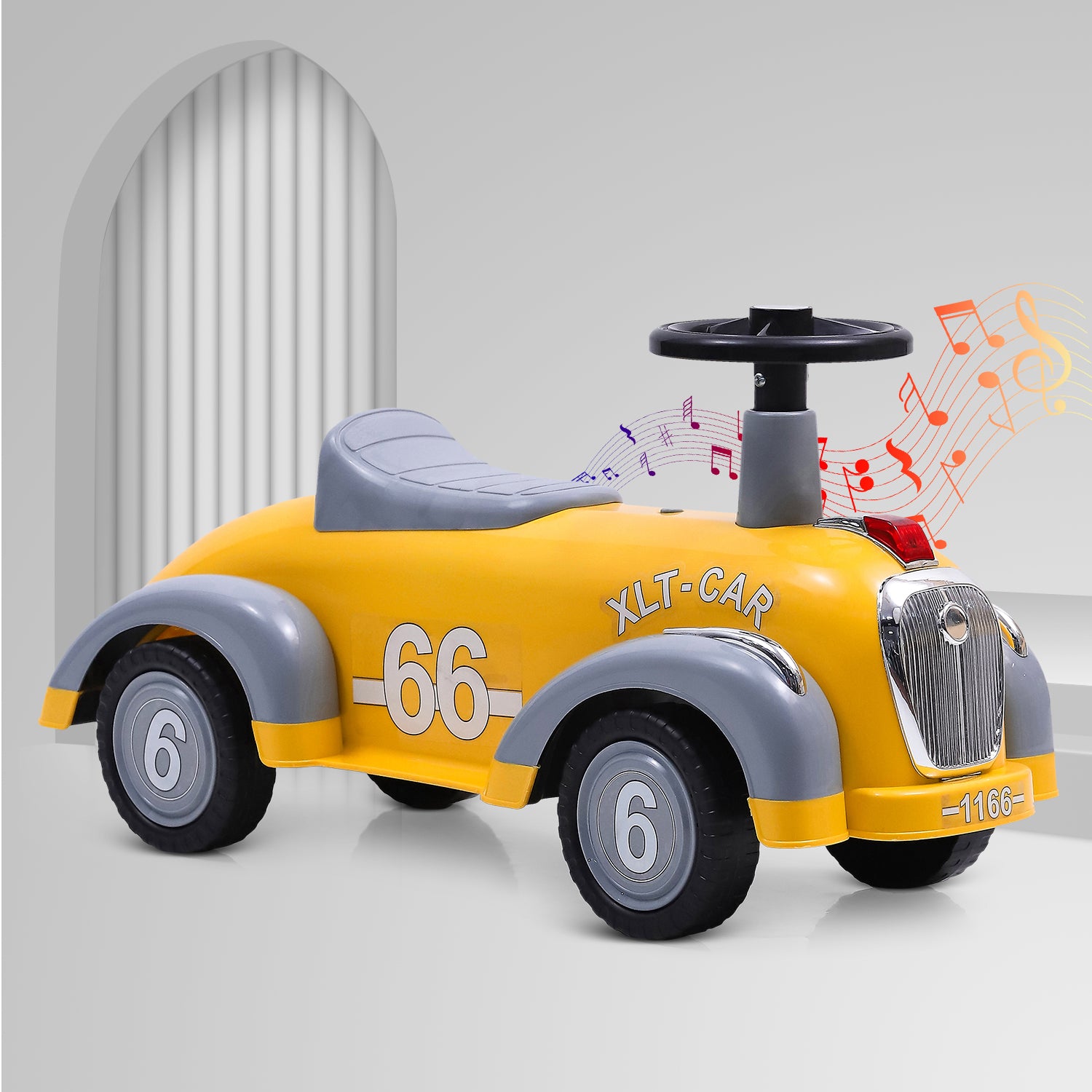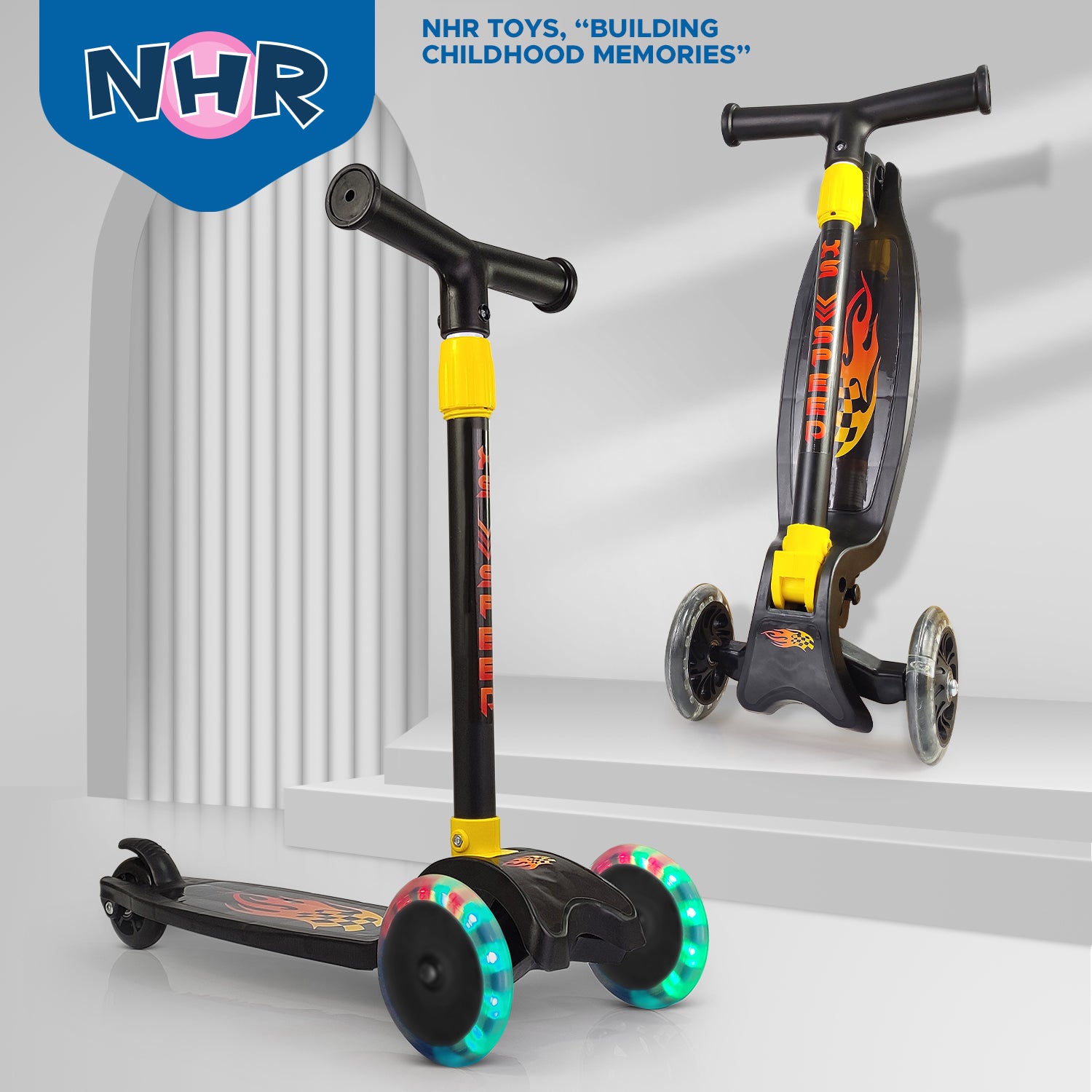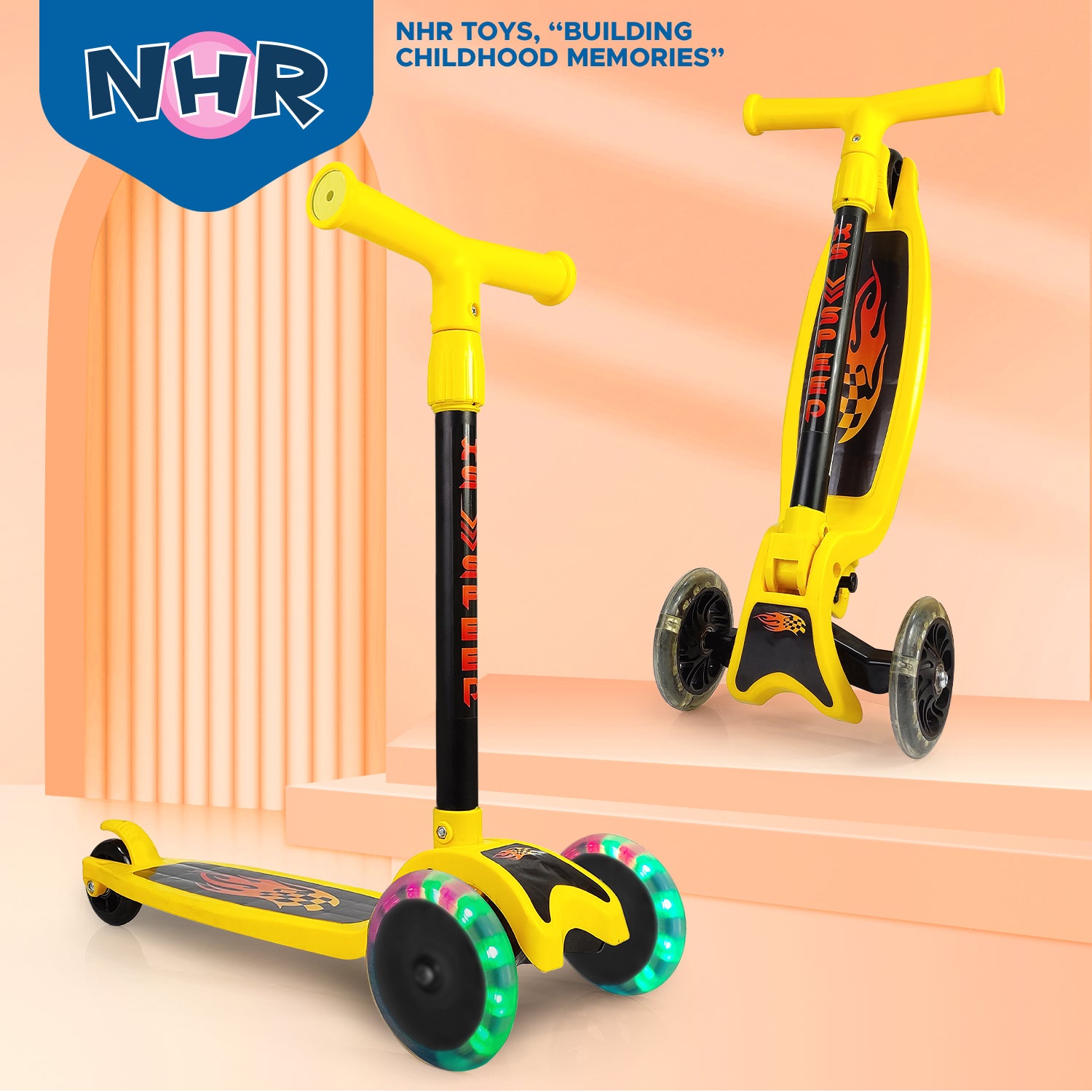
The Impact of Educational Toys on Child Development

In the vibrant world of childhood, play is more than just a pastime; it's a crucial aspect of a child's growth and development. In recent years, the focus on educational toys has gained prominence as parents and educators recognize the profound impact they can have on a child's cognitive, emotional, and social development.
Educational toys are specifically designed to stimulate learning, promote creativity, and enhance various skills in a child-friendly and enjoyable manner. Let's delve into the profound influence these toys can have on different aspects of a child's development.
1. Cognitive Development: Educational toys are carefully crafted to engage a child's mind. Puzzle games, building blocks, and interactive gadgets encourage problem-solving skills, spatial awareness, and critical thinking. These activities stimulate the brain, fostering intellectual growth and enhancing memory retention.
2. Motor Skills Enhancement: From simple stacking toys for toddlers to intricate construction sets for older kids, educational toys play a pivotal role in refining fine and gross motor skills. The act of grasping objects, manipulating shapes, and coordinating movements helps children develop better control over their bodies, laying a foundation for more complex tasks.
3. Language and Communication Skills: Toys that involve storytelling, role-playing, or those with letters and numbers contribute significantly to language development. Educational toys create an immersive environment where children learn new words, improve communication skills, and develop a richer vocabulary.
4. Social and Emotional Development: Many educational toys are designed for cooperative play. Board games, team-building activities, and role-playing games teach children important social skills such as sharing, taking turns, and collaborating with others. These interactions contribute to emotional intelligence and help kids understand and manage their emotions.
5. Creativity and Imagination: Educational toys often serve as tools for unleashing a child's creativity. Art supplies, building kits, and open-ended toys provide an outlet for imaginative expression. As children engage in creative play, they develop problem-solving abilities and learn to think outside the box.
6. Curiosity and Exploration: STEM (Science, Technology, Engineering, and Mathematics) toys fuel a child's curiosity about the world. Experimentation with science kits, robotic toys, and exploration games cultivates a love for learning, encouraging children to ask questions and seek answers independently.
7. Building a Foundation for a Love of Learning: One of the key benefits of educational toys is their ability to make learning enjoyable. By associating learning with fun and excitement, children develop a positive attitude towards acquiring new skills and knowledge, setting the stage for a lifelong love of learning.
In conclusion, the impact of educational toys on a child's development is profound and multifaceted. These toys are not just playthings; they are tools that shape the way a child thinks, learns, and interacts with the world. Parents, caregivers, and educators play a vital role in selecting age-appropriate educational toys that align with a child's interests and developmental stage, creating an environment that fosters growth, curiosity, and joyous learning.


